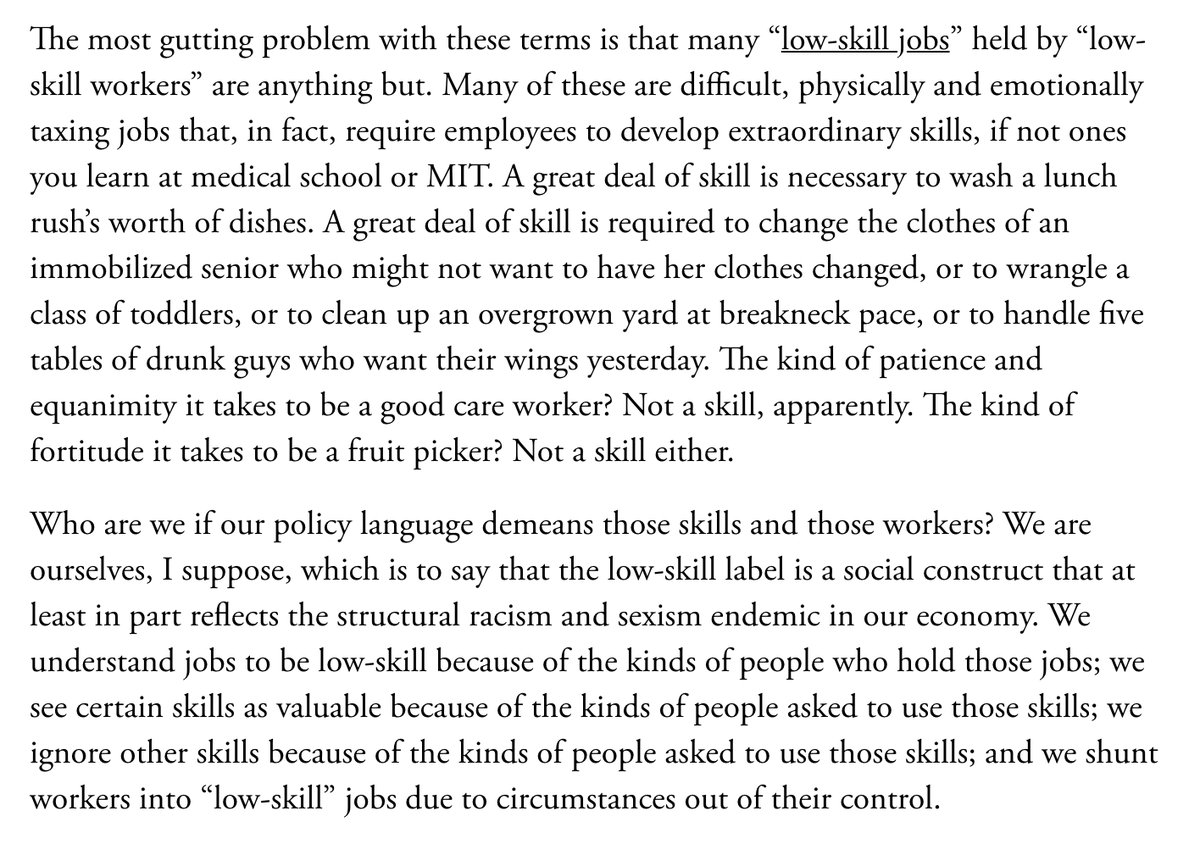
I love this. It'll be so powerful for a restaurant like Eleven Madison Park to show what they can do with plants. And it's a constraint that'll lead to such wild creativity, too. nytimes.com/2021/05/03/din…
There is no doubt that being veg is less delicious. People who argue otherwise are kidding themselves. But a lot of that is because there are fewer options on menus, so much less money driving creativity. The more plant-based eaters and chefs there are, the tastier it'll get.
My one weird take in this space — which doesn't apply to Eleven Madison Park, as they're operating as a status symbol and a unique experience — is I think it's better for restaurants to go 80% plant-based than to eliminate meat entirely.
A lot of people won't go to a restaurant where they can't eat any meat!
But you want them to come, and then realize they don't need meat, or need much of it, for a great meal. @chefjoseandres's Beefsteak works this way.
But you want them to come, and then realize they don't need meat, or need much of it, for a great meal. @chefjoseandres's Beefsteak works this way.

The plausible world to get to is most people eat much less (animal-based) meat, not most people are vegan.
Restaurants can really help with that by having great menus that are 80% plant-based, and the meat that is left is ethically raised and environmentally sustainable.
Restaurants can really help with that by having great menus that are 80% plant-based, and the meat that is left is ethically raised and environmentally sustainable.
And as I wrote here, we can accelerate that world by investing in alternative proteins, so there are more options for meat eaters who want meat at every meal but want animal-based agriculture at only occasional meals. nytimes.com/2021/04/24/opi…
• • •
Missing some Tweet in this thread? You can try to
force a refresh



